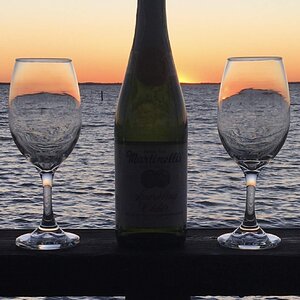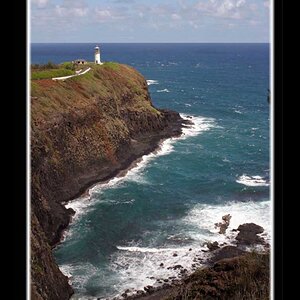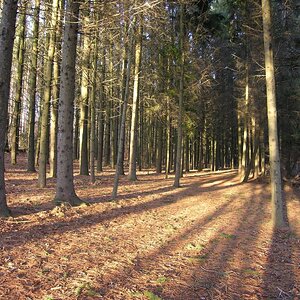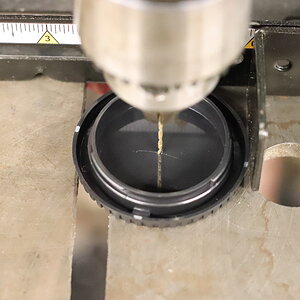IanWilliams
TPF Noob!
- Joined
- Apr 7, 2010
- Messages
- 2
- Reaction score
- 0
- Location
- Banstead, Surrey. UK
- Can others edit my Photos
- Photos NOT OK to edit
OK, Here goes. This is not a debate as to which medium is best. It is simply a thread to establish where the future of film photography lies. I am a mature student at NESCOT, near Epsom in Surrey, coming to the end of a foundation degree in photography and for my extended study essay, I have decided to investigate what the future of film photography holds in the 21st century digital age, so any thoughts and opinions will be very gratefully received.
For your information, I very much prefer film photography and shoot with a Mamiya 7 and Hasselblad XPan, as well as a Shen Hao 54 camera. Although it was digital that re-ignited my passion in photography it is film that really inspires me, so much so that I have sold pretty much all of my digital gear except my Panasonic GF-1. I also work for a Canon Pro dealer and Phase One retailer, and even being surrounded by this technology I really feel most comfortable with a film camera as my companion!
Please let me know your thoughts on the destiny of film photography. For example, is it worth the investment of perhaps several hundreds, even thousands, of pounds in film equipment? Are there future advances to be made in film emulsions and papers? Is film photography still a viable proposition in the commercial arena? Which medium do you prefer (film or digital, and why?)? Are there more advances to be made in scanning and/or printing?
I look forward to your replies.
Regards
Ian
For your information, I very much prefer film photography and shoot with a Mamiya 7 and Hasselblad XPan, as well as a Shen Hao 54 camera. Although it was digital that re-ignited my passion in photography it is film that really inspires me, so much so that I have sold pretty much all of my digital gear except my Panasonic GF-1. I also work for a Canon Pro dealer and Phase One retailer, and even being surrounded by this technology I really feel most comfortable with a film camera as my companion!
Please let me know your thoughts on the destiny of film photography. For example, is it worth the investment of perhaps several hundreds, even thousands, of pounds in film equipment? Are there future advances to be made in film emulsions and papers? Is film photography still a viable proposition in the commercial arena? Which medium do you prefer (film or digital, and why?)? Are there more advances to be made in scanning and/or printing?
I look forward to your replies.
Regards
Ian




![[No title]](/data/xfmg/thumbnail/40/40302-79b0636c0b67a1ed65f8ad9e01c690e7.jpg?1619739412)
![[No title]](/data/xfmg/thumbnail/40/40301-fa48a5125a6849a0a400dff1599c4b30.jpg?1619739412)







